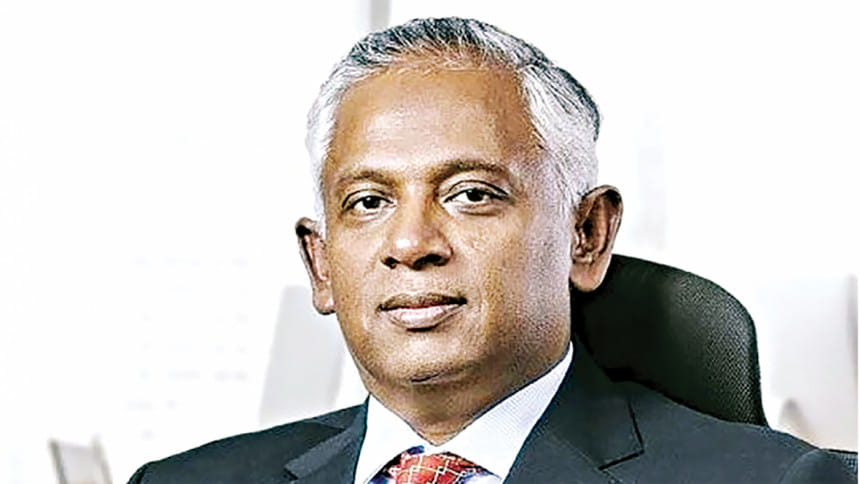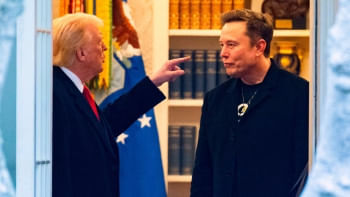Why employers struggle with Gen Z

In the viral Millennial Job Interview, young applicant Amy brings an unconventional view of professionalism that confuses her interviewer. Listing Snapchat and Instagram as her "tech skills", she dismisses traditional tools like Excel, labelling Facebook "for old people."
Shocked at the 8:00am start time, she explains her late-night routine, and how she is not fully alert before 10:45am. Her routine includes a complicated Starbucks order, reflecting her precise but unconventional work habits. She requests continuous guidance, validation, and even HR support within minutes into the interview. Visibly frustrated, the interviewer cuts in saying she has not got the job yet, to which Amy responds, "Are you firing me?" The interaction humorously highlights generational differences in work expectations. Is it real? Let's find out.
Reflecting on my 30 years' experience, I have seen a shift in employee loyalty and commitment from long-term dedication – where people often retired from the same company – to today's job-hopping culture, where Millennials/Gen Z treat roles as transactional.
This decline in loyalty reflects changing values and a workplace culture influenced by technology, where commitment has evolved into a service-for-payment model, detaching employees from a sense of ownership.
As Generation Z (born 1997-2012) enters the workforce, they are not only struggling to fit into traditional roles but are also actively reshaping them. Comfortable with digital technology, Gen Z favours a relaxed, flexible work environment and often opts for emojis and voice notes over email formalities.
Many Gen Z'ers work best outside the 9-to-5 structure, claiming peak productivity during unconventional hours, especially at night, clearly challenging the fixed schedules and face-to-face communication expectations of the older generation.
A 2024 Deloitte survey reveals that 64 percent of Gen Z prioritise work-life balance, favouring flexible options like part-time roles or four-day workweeks. Mental health remains crucial, with only 51 percent rating their mental health positively and 40 percent frequently stressed, underscoring their focus on well-being at work.
Gen Z's approach to work poses a major challenge in workplaces that are still rigid with traditional work cultures. They are open about mental health, assertive about work-life balance, and often willing to job-hop for a better fit. Traditional employers view these traits as a lack of commitment and work ethic. For them, Gen Z's aversion to hierarchy and frequent career changes seem unsettling in a tradition that prizes stability and long-term relationships.
Some employers view trends like "quiet quitting" as signs of entitlement or laziness, making them hesitant to hire Gen Z candidates. Millennials also faced scepticism for generational tension on first entering the workforce. But over time, they adapted and helped create today's flexible, digitally connected offices. Gen Z's transition may be challenging as they focus on mental well-being and work-life balance in a professional culture that is only beginning to accept these ideas.
However, it would need both generations to bridge the gap. This means offering more flexibility, improved training, and rethinking traditional hierarchies. Meanwhile, Gen Z should also recognise that the freedom they enjoy – like job-hopping or quiet quitting – are possible because of structures set by previous generations. A balanced approach, combining flexibility and accountability, can benefit both parties.
By 2025, Gen Z will make up a quarter of the global workforce, making these adjustments essential, not optional. And while these work-culture changes have yet to impact Bangladesh fully, the shift is definitely on the horizon.
While these work-culture changes have yet to impact Bangladesh fully, the shift is definitely on the horizon. The sooner we embrace changes, the more equipped we will be to strike the crucial balance between the values of past generations and the expectations of the new. The holy grail lies in compassionate collaboration and mutual understanding.
The author is the president of the Institute of Cost and Management Accountants of Bangladesh (ICMAB) and founder of BuildCon Consultancies Ltd.

 For all latest news, follow The Daily Star's Google News channel.
For all latest news, follow The Daily Star's Google News channel. 



Comments